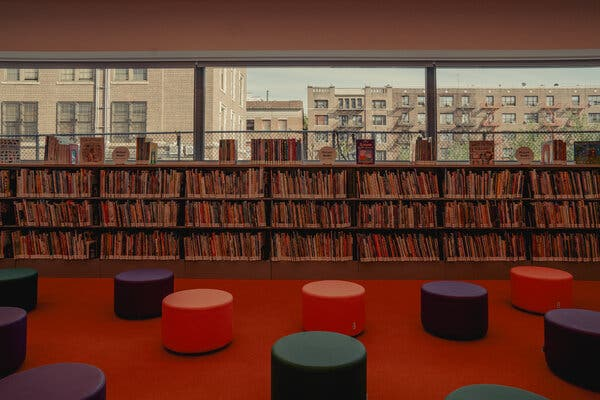Library advice book from rural Hokkaido becomes an unlikely bestseller

Small-town wisdom, big national audience
A modest public library in Shari, Hokkaido, has spawned a national hit: a book compiling real questions pinned to a bulletin board—“What is life?” “What’s the difference between love and a crush?”—and the gentle, practical replies written by staff. The collection taps a civic ritual that began as a way to engage teens. Curators answered everything from study anxiety to heartbreak, posting hand-written replies with reading lists. Photos went viral; a publisher stepped in; and the first print run sold out. The appeal is disarmingly simple. In an age of algorithmic feeds and AI chatbots, readers wanted slow, local counsel—neighborly voices, not viral hacks. Educators say the project shows how analog spaces can rebuild trust, especially for young people who hesitate to ask questions at home or school.

The ripple effects are visible across Japan. Libraries in other prefectures are copying the format, building “question walls” and training volunteers to respond with empathy, not judgment. The publisher plans classroom editions; mental-health groups are adapting it for counseling toolkits. Bookstores report that buyers skew young but range from middle-schoolers to grandparents shopping for gifts. Critics note that the answers avoid big-city cynicism and bureaucratic tone; they read like notes from a favorite teacher. The phenomenon also reframes libraries as social infrastructure—places where knowledge lives, and where citizens rehearse listening. If the Hokkaido book’s success lasts, we may see more “slow advice” shelves beside the latest productivity guides. For a public service long treated as background, this is a rare moment in the spotlight.












